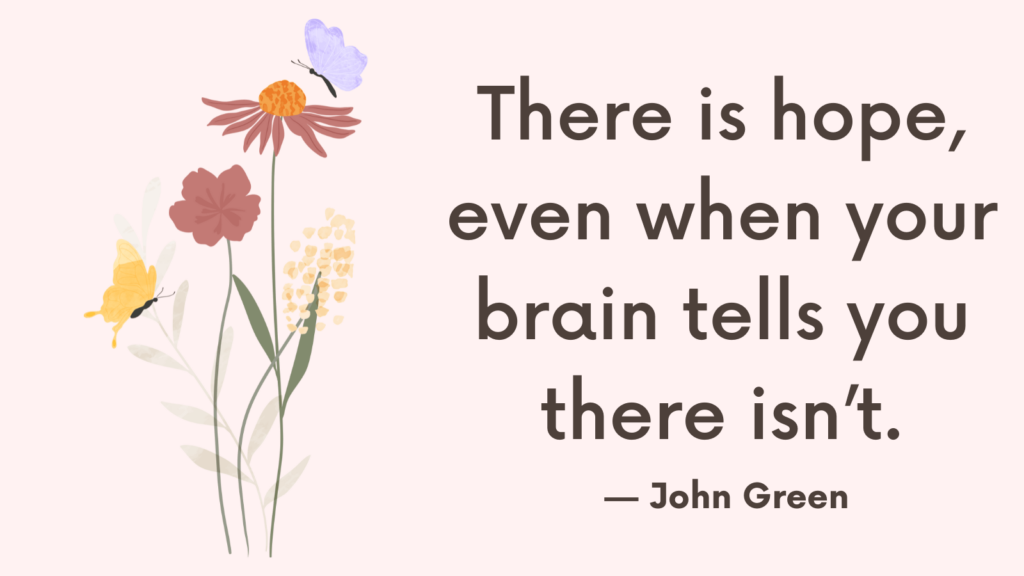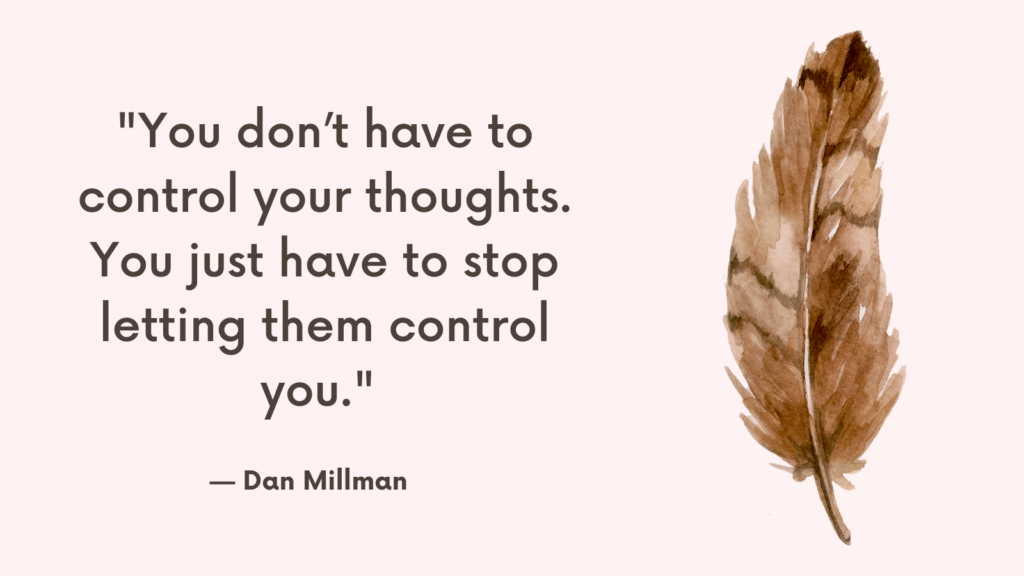This post contains a list of jobs for people with chronic pain to inspire you.
The Challenges of Working with Chronic Pain
Balancing work responsibilities while managing persistent physical discomfort can be incredibly demanding.
1. Physical Limitations
Chronic pain can cause physical limitations that affect an individual’s ability to perform certain job tasks.
This may include difficulties with standing for extended periods, lifting heavy objects, or engaging in repetitive movements.
2. Uncertainty and Fluctuations
Chronic pain conditions often involve unpredictable fluctuations in symptoms.
This uncertainty can make it challenging for individuals to commit to regular work schedules and fulfill job duties consistently.
3. Stigma and Misunderstanding
There may be a lack of understanding and empathy from employers, co-workers, or supervisors regarding the impact of chronic pain on an individual’s ability to work.
This can lead to stigmatization, discrimination, or skepticism about the legitimacy of the pain experience.
4. Emotional Distress
Dealing with chronic pain on a daily basis can lead to emotional distress, including anxiety, depression, and feelings of frustration or hopelessness.
These emotional challenges can interfere with job performance and overall well-being.
Related: Emotional Dysregulation Test [A Quick Test]
5. Medication Side Effects
Some individuals with chronic pain rely on medication to manage their symptoms.
These medications can have side effects that affect cognitive function, alertness, or physical coordination, potentially impacting job performance.
6. Financial Strain
Chronic pain can lead to increased medical expenses, reduced ability to work full-time, and potential job loss, creating financial strain and insecurity.
7. Workplace Accommodations
Not all workplaces are equipped or willing to provide accommodations for individuals with chronic pain, such as ergonomic workstations, flexible scheduling, or modified duties.
8. Self-Advocacy and Awareness
Navigating workplace policies, requesting accommodations, and advocating for one’s needs can be daunting for individuals with chronic pain, especially if they are unfamiliar with their rights and the available resources.
9. Career Limitations
Individuals may find themselves in a position where their current job is no longer feasible due to the physical demands, leading to the need for career transitions or retraining.
10. Social Isolation
Chronic pain can sometimes lead to social withdrawal and feelings of being isolated from colleagues, further impacting job satisfaction and overall well-being.
Understanding and addressing these challenges is essential for creating a supportive and inclusive work environment for individuals with chronic pain.
It’s important to recognize that these challenges can vary based on the nature of the pain condition, individual coping strategies, and the specific demands of the job or workplace environment.
Related: Top 10 Social Withdrawal Signs — & How To Social Isolation? (Hikikomori Syndrome)
Jobs for People with Chronic Pain
When exploring job opportunities for individuals with chronic pain, it’s important to consider roles that align with the individual’s physical abilities, limitations, and personal interests.
Here are some considerations and potential job options to explore:
1. Remote Work Opportunities
Many companies offer remote work options, allowing individuals to work from the comfort of their own home.
This flexibility can be particularly beneficial for individuals managing chronic pain, as it reduces the need for commuting and allows for greater control over one’s work environment.
2. Freelance or Consulting Roles
Freelancing or consulting in fields such as writing, graphic design, marketing, or IT can provide individuals with the flexibility to set their own schedules and workloads.
This can be especially valuable for those managing chronic pain, as it allows for greater autonomy and the ability to prioritize self-care.
3. Customer Service Representative
Some companies offer opportunities for customer service roles that can be performed remotely.
These positions often involve interacting with customers via phone or online chat, allowing individuals to work from a comfortable and supportive environment while still engaging in meaningful work.
Related: Best 20 Low-Stress Jobs After Retirement
4. Administrative Support Roles
Administrative roles, such as data entry, virtual assistant, or administrative coordinator positions, can often be performed remotely.
These roles may offer flexible scheduling and the ability to tailor tasks to accommodate physical limitations associated with chronic pain.
5. Teaching or Tutoring
For individuals with a passion for education, opportunities for online teaching or tutoring can provide a rewarding way to engage in meaningful work.
These roles often allow for flexible scheduling and can be performed from a comfortable and supportive environment.
6. Artistic or Creative Endeavors
Individuals with chronic pain who are artistically inclined may find fulfillment in pursuing creative endeavors such as writing, painting, or crafting.
These pursuits can provide a sense of purpose and accomplishment while offering flexibility to work at one’s own pace.
7. Peer Counseling or Support Roles
Some organizations offer peer counseling or support roles for individuals with lived experience managing chronic pain.
These positions can provide an opportunity to connect with and support others while drawing upon personal experiences to offer empathy and guidance.
8. Health and Wellness Coaching
Individuals with chronic pain may find fulfillment in pursuing roles as health and wellness coaches.
These positions can involve supporting others in managing their own health challenges, drawing upon personal experiences to offer insight and guidance.
9. Entrepreneurship or Small Business Ownership
For individuals with chronic pain who possess an entrepreneurial spirit, starting a small business or pursuing freelance work in areas of personal interest can offer autonomy and flexibility in managing one’s workload and schedule.
It’s important to recognize that individuals with chronic pain may face unique challenges in the workplace, and finding the right job fit requires careful consideration of both physical and emotional well-being.
When exploring job opportunities, it’s essential to prioritize self-care, seek accommodations when needed, and advocate for a supportive work environment.
Related: Top 23 Jobs For Highly Sensitive People
How to Cope with Chronic Pain at Work?
It’s important to address these challenges proactively in order to support overall well-being.
Here are some psychological strategies to consider:
1. Open Communication
If possible, consider having an open and honest conversation with your employer or supervisor about your chronic pain.
This can help create a supportive and understanding work environment.
Discussing potential accommodations or modifications to your work duties, schedule, or workspace may also be beneficial.
2. Self-Care at Work
Implementing self-care practices during the workday can help manage pain and reduce stress.
This might include taking regular breaks to stretch, practice relaxation techniques, or engage in mindfulness exercises.
Setting up an ergonomic workstation or using assistive devices as needed can also support physical comfort while working.
3. Time Management
Managing chronic pain at work often requires careful time management.
Prioritize tasks, break larger projects into smaller, manageable steps, and utilize time management tools or techniques to enhance productivity while minimizing physical strain.
Related: Best 55 Positive Affirmations for Work Stress
4. Seeking Support
Consider reaching out to colleagues or a trusted supervisor for support when needed.
Having a supportive network at work can provide emotional encouragement and practical assistance during challenging days.
5. Boundaries and Advocacy
Establish clear boundaries around your work responsibilities and advocate for yourself when necessary.
It’s important to communicate your needs and limitations while also demonstrating your commitment to completing tasks to the best of your ability.
6. Positive Coping Strategies
Engage in positive coping strategies to manage stress and pain at work.
This may include deep breathing exercises, visualization techniques, or using affirmations to stay focused and resilient throughout the workday.
7. Utilize Flexibility
If your work allows for flexibility in scheduling or remote work options, consider how these accommodations could benefit your ability to manage chronic pain while maintaining productivity.
Related: Resilient Grieving: Best 17 Ways To Manage Grief In The Workplace (+FREE Grief Worksheets)
8. Self-Advocacy and Education
Educate yourself about your rights in the workplace related to chronic pain management.
Understanding relevant employment laws and regulations can inform your self-advocacy efforts and help ensure that your needs are met.
9. Emotional Well-Being
Recognize the impact of chronic pain on your emotional well-being and seek support from a mental health professional if needed.
Therapy or counseling can provide a safe space to explore the emotional challenges associated with managing chronic pain in the workplace.
10. Self-Compassion
Practice self-compassion and self-kindness as you navigate the complexities of working with chronic pain.
Acknowledge your efforts and resilience, and cultivate a mindset of self-acceptance and self-care.
Related: How To Be Gentle With Yourself? Top 5 Ways To Practice Self-Compassion

Conclusion
By implementing these psychological strategies, individuals can proactively address the challenges of working with chronic pain, promoting a healthier and more sustainable work experience.
It’s essential to prioritize both physical and emotional well-being while navigating the demands of the workplace.



